If you are working in SEO, you must know that the Google algorithm is always changing and in order to keep up with these requirements, you need to update your website and provide useful information to users so that it ranks in Google search results pages.
>Share this post<
by Irina Ciutaco
January 07, 2020
If you are working in SEO, you must know that the Google algorithm is always changing and in order to keep up with these requirements, you need to update your website and provide useful information to users so that it ranks in Google search results pages.
Read on and discover the top 4 SEO myths and what they mean for your website and eCommerce store.
But in truth, is the XML sitemap really expanding the visibility of a website on the Google Search Results Page?
In theory, an XML sitemap does not affect the rankings of a website, as Google Webmaster Central Blog is suggesting. Submitting a sitemap helps Google know all about a website’s rankings and increases the chances of Google’s crawl but it will not automatically improve the online ranking of a website.
Read on and discover the top 4 SEO myths and what they mean for your website and eCommerce store.
1. XML Sitemaps automatically improve your search rankings
The purpose of the XML sitemap is to help search engines crawl and index the pages of a website. Search engines are crawling fresh pages added to the sitemap, as it indicates that the website is updated and more relevant to online users.But in truth, is the XML sitemap really expanding the visibility of a website on the Google Search Results Page?
In theory, an XML sitemap does not affect the rankings of a website, as Google Webmaster Central Blog is suggesting. Submitting a sitemap helps Google know all about a website’s rankings and increases the chances of Google’s crawl but it will not automatically improve the online ranking of a website.
2. Too many keywords = poor organic rankings
By definition, keyword density is the percentage of the number of times a keyword appears on a page divided by the total number of words on that page. Marketers are usually wondering how many keywords are needed in order to do proper optimization? Another question that they are asking is, will Google penalize my website for over-optimizing it?The answer to these questions is pretty simple: if the content is reasonable and if it proves useful information to users, there is no point in allocating time to calculate the perfect number of keywords necessary in a page.
3. Having a secure website isn’t that important
Having a secure website in today’s eCommerce world is very important as there is a high risk that cyber invaders will access your website in case it is unprotected. The best way to protect your website is by getting a Secure Sockets certificate (SSL) to help monitor and transfer data safely and securely between two points. Now it’s time to get HTTPS.But what is HTTPS?
HTTPS is a protocol that grants the connection between different systems like servers and browsers as it assures that important information is not stolen by being transferred over the web. In 2014, Google announced that all HTTPS websites would rank highly on the Google Search results page than those using the HTTP protocol.
4. Google will penalize your website for a duplicate copy
If we’re talking about having a duplicate copy on a website, the misunderstanding is that Google will penalize your website. In case more pages on a website have similar content,Google will decide not to rank all pages for the same query and will choose which page to rank for, which can be a negative impact on organic rankings.
When Google decides that your e-commerce website is in conflict with Webmaster Guidelines, the risk of penalty occurs.
The moment a website is using deceptive or manipulative behaviour to gain organic traffic, Google may respond in a negative way by diminishing the website’s ranking in the search engine results page.
As an overall conclusion, as Google and other search engines continue to improve their algorithms to give users the most relevant search results, it is very important for content marketers and SEO experts to be updated with the latest SEO trends and not to get confused by the four myths that we have described above.
Stay tuned on our blog as we will keep you updated with these topics soon: NLP oriented content, SEO semantic HTML, schema implementation, voice search, speed update, branded queries, cumulative optimization, videos for eCommerce, E-A-T centric website.
More to explore
Here’s an overview of the latest improvements that are now available in the Kooomo platform.
In the next few years, we are foreseeing an impressive increase for the global retail industry. While this can be beneficial for the global eCommerce industry, it also means that there will be more competition, as well.

 en
en 

